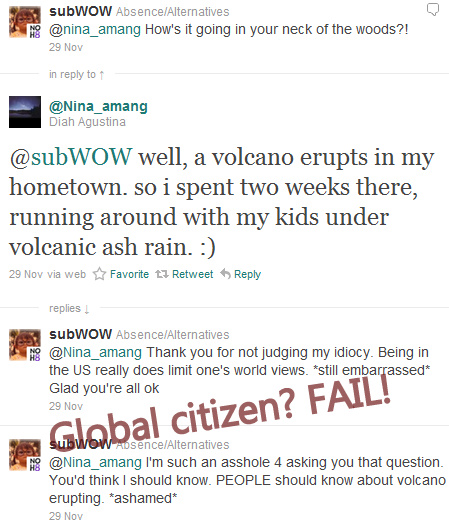**The following is a repost from Martin Luther King Day, 2010**
Mr. Monk, my 7-year-going-on-50-old child, asked me last Friday at dinner,
“Mom, is it true that you would not be here if Martin Luther King did not give THAT speech?”
I was caught by surprise, I’ll be completely honest. Although I understand the impact Dr. King’s speech has had on the American history, culture and psyche, it has never occurred to me that what Dr. King said from the steps of the Lincoln Memorial on August 23, 1963 would have material effect on my personal fate. After all, I was not even born then in 1963. What’s more, I was born in Taipei and grew up there and did not make my way to the U.S. until 1993.
I looked at my husband, and although he looked as puzzled as I was, he did give me the “a-ha” look that confirmed what was racing through my mind. Mr. Monk was right.
The Chinese Exclusion Act, a federal law enacted in 1882, was not repealed until 1943 (China was, after all, an ally during WWII…) when Chinese already residing in the U.S. were permitted to become naturalized citizens. However, it was not until the Immigration Act in 1965 when the federal law in the U.S. was relaxed enough to allow large number of immigrants, especially from the non-European parts of the world (contrary to the belief by the politicians at that time, I am sorry to point this out), to enter the country legally. The Civil Rights Movement led by Dr. King in the 1960s opened the eyes of many Americans to the rampant racism permeating the country and therefore made the passage of the Immigration Act even thinkable.
“You are right. It is possible that Mommy would not have been allowed to enter this country if the Civil Rights Movement had never happened.”
As I looked at Mr. Monk, his beautiful face, wondering what was inside that little head of his, it came to me: And there was the laws against interracial marriages!
Anti-miscegenation laws were not eradicated completely from the U.S. until 1967. As a matter of fact, as recently as in October 2009, a Justice of the Peace in Louisiana refused to officiate the civil wedding of an interracial couple, citing his concern for the wellbeing of the interracial offspring produced from such a union. (No, I am not making this shit up… I wish I were. Believe me.)
I added, “You are right. Without Dr. King, it is possible that daddy and mommy were not even allowed to get married.”
“And that means I would not even be here!” Mr. Monk said with amazement, looking pleased and proud that his existence on earth was made possible because Dr. Martin Luther King gave that speech, 47 years ago.
And he was right.

